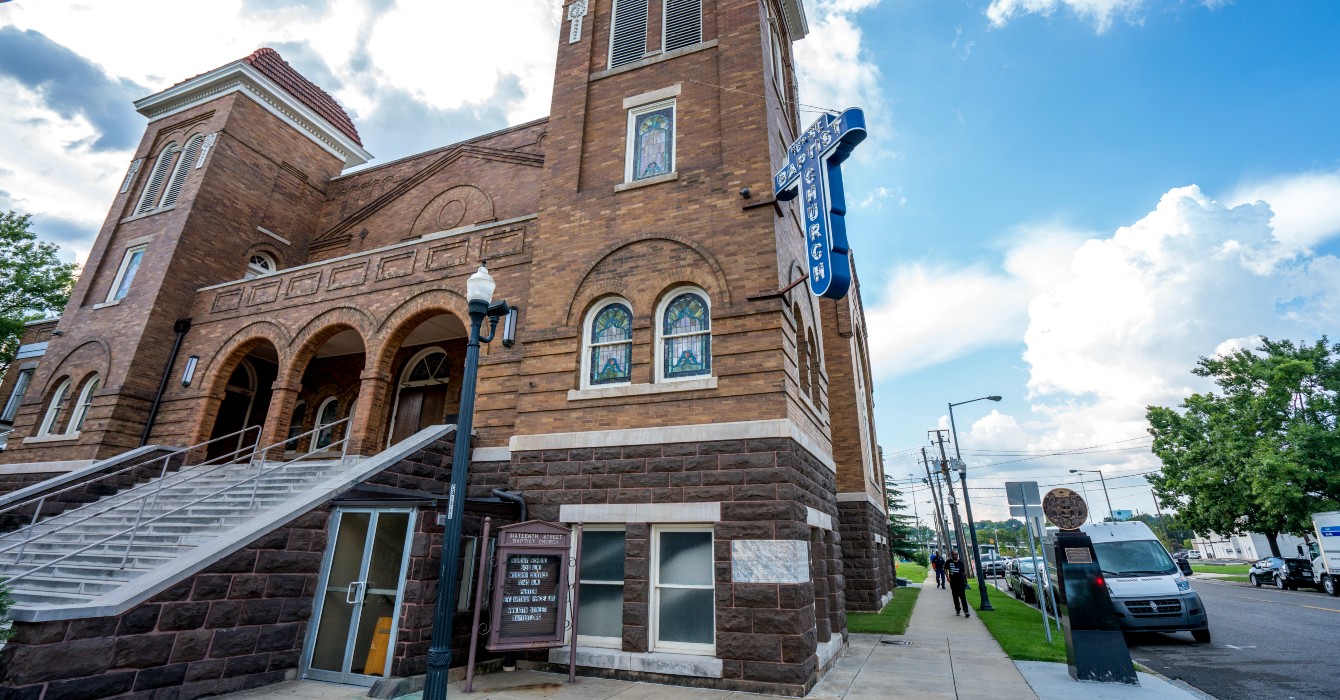The pastor of a new church start in an economically challenged community recently shared with me a quandary. His community is achieving its mission, which includes bringing together young adult and homeless members. But the church is not able to sustain itself. He was hoping I might help him find a meaningful part-time job.
I have heard so many stories about committed people making a difference in their community in ways that are not economically sustainable. They have created places where the abused and the privileged worship side by side, where all people are welcomed as members of a community.
Yet many of the congregations are struggling to pay their own bills. Like the new church start pastor, they don’t have full-time pay or appropriate benefits for the staff. They borrow buildings that are barely suitable for the ministry. Many congregations dream of being places of radical welcome but find that vision unsustainable with the tithes and offerings of those who participate in the community. They are trapped by the American view of sustainability -- to be self-supporting.
Twenty years ago, Harvard Business School professor Clayton Christensen proposed a theory called disruptive innovation. He began by studying how new products can disrupt established products by entering the market in a place no one would expect. Initially, the new products were often cheap, low-quality and sold to customers who were not buying the older, established products.
For Christensen, disruptive innovations are experiments with a new economic model. They often start with a market that is unnoticed or undesired by established industry. When an innovation is successful, its economic model begins to win over the customers that the industry does care about.
Churches like the new church plant are the opposite. The market they are reaching is prized as a sign of faithfulness and hope, but there is not much thought given to the economics. In fact, church leaders often assume that the money will come if the ministry is faithful.
More than 10 years ago, I asked a pastor in the emergent church movement about the economic model that supported his ministry. He said that his congregation did not and could not contribute enough money to pay all their bills and the salary of a person in midlife with family responsibilities. He wrote books and consulted with established congregations about how to reach new members. The fees for this work supported the pastor and his family. Because he sensed that the demand for his services would wane over time, he was also working on a Ph.D. to make him more marketable as a consultant in the future.
My conversations 10 years apart with a pastor looking for part-time work and a pioneer in the emergent church indicate that one economic model for these ministries depends on a leader who can develop different sources of revenue to support the leader’s work. This approach puts a lot of stress on the leader. Another model treats such churches as mission outposts, dependent on a larger organization for support. Both models do work, but each has difficulties being replicated and scaled.
Instead of starting communities that require leadership, space and more, what if we focused on the work that needs to be done? The economic model would focus on the mission rather than the creation of yet another congregation that would need to be self-supporting. The efforts that prove to be effective and sustainable over time would be models that others could replicate in places where the work is needed.
In such cases, the pastor would not be looking for part-time work. The pastor and others would begin by considering what needs to be done in a community. Do people need housing? Do those trafficked into slavery and prostitution need to be freed? Do children need to be educated? Donors would be attracted to projects that change lives. Microindustries might be started to create needed products and jobs. A community would likely form that has many of the attributes of a congregation but with a different type of work at the center.
Those of us who care about the future of congregations must have a sustained conversation about economics. We need to look at the ministries we most admire and work in partnership with them to explore their sustainability. As we find great ideas that are succeeding, we need to share the news with others, spreading a new way of thinking about how to accomplish our missions.














